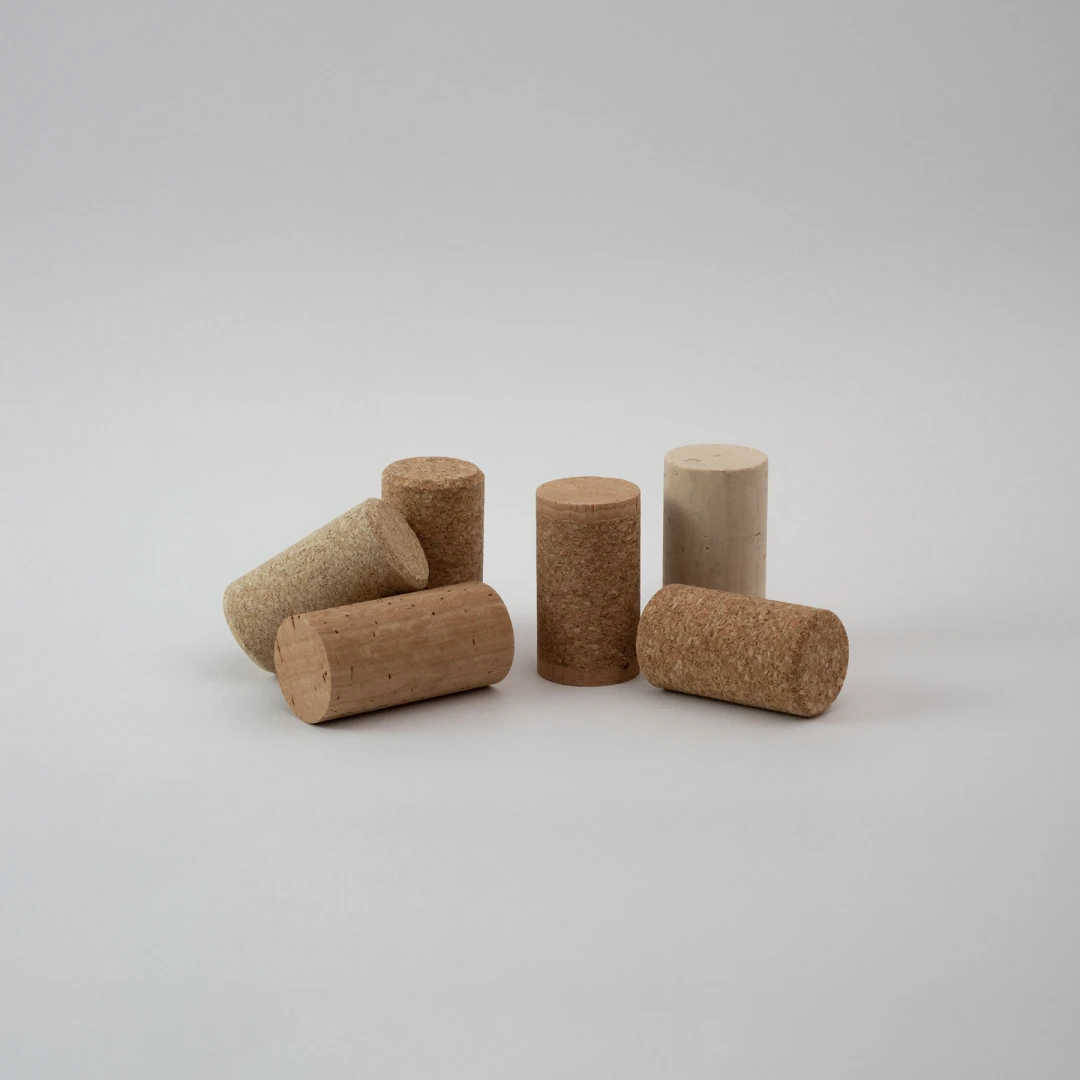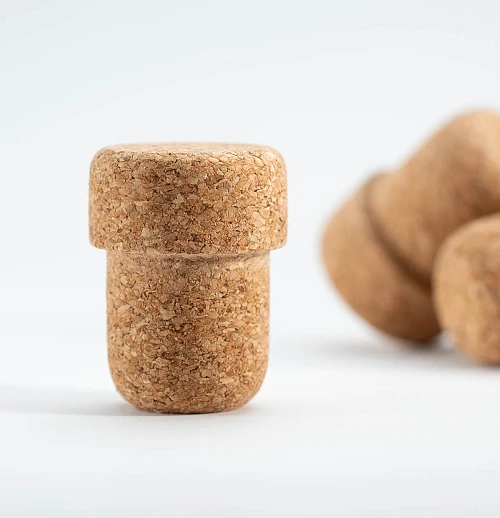- Media Center
- News
News Media Center

Amorim Cork stoppers with negative carbon footprint verified by ISO 14067
In line with European directives and the Green Deal targets, Amorim Cork discloses the carbon footprint of nine of its products, verified by an external entity, increasing rigour and transparency.
In keeping with its commitment to integrity and transparency, Amorim Cork has recently provided information on the carbon footprint of nine of its products, following a progressive procedure and in accordance with the ISO 14067.
This norm, as defined in the European ‘Green Deal’ regulation, promotes greater standardisation and coherence in sustainability communication strategies.
ISO 14067, ‘Environmental management- Carbon footprint of products’, focuses on assessing and communicating the amount of greenhouse gases (GHG) released during a product’s life cycle. These gases include carbon dioxide (CO2), methane (CH4), nitrous oxide (N2O) and others, all of which contribute to global warming and climate change.
The standard provides a framework for calculating a product’s carbon footprint, from raw material extraction to final disposal, including all intermediate processes such as manufacturing, transportation and consumption.
In order to achieve this goal, reinforcing the rigour and transparency of its sustainability practices, and gradually extending this commitment to its entire portfolio, Amorim Cork decided to internalise the analysis process, acquiring software that enables it to calculate the carbon footprint.
This decision is in response to the market’s quick evolution and legislative updates, which are becoming increasingly rigorous and strict in forcing companies to provide reliable and traceable information on their sustainability policies and practices.
As Ana Matos, Head of Management Systems and Continuous Improvement at Amorim Cork, explains, “What we strive for is the information to be technically valid, responsible and, more importantly, to be interpreted as such. There is no other way of doing this than to have an external seal.”
The advantages of implementing this system internally include complete autonomy and control over the process, which allows for the identification of improvement points; flexibility (case-by-case analysis); and the potential of regular, time-saving updates. Amorim Cork had previously had similar studies undertaken by external consultants in compliance with ISO 14040/44, but the acquisition of this software and the corresponding investment in training allowed access to far bigger volumes of more detailed information at various stages of the process. “Internalising these studies surely increases our knowledge, which we can use to improve our processes and even compare processes inside the business,” argues Ana Matos.
Internally developed studies, validated by an independent body, confirmed the negative carbon footprint of all the cork stopper families in Amorim Cork’s portfolio, from the Naturity® natural cork stopper with a footprint of -56g CO2/eq per stopper, to technical stoppers such as Xpür® with a footprint of -34g CO2/eq and Qork® with-36.3g CO2/eq per stopper, to the sparkling wine segment with the Spark® Top II stopper with a carbon footprint of -54.6g CO2/eq per stopper.
"This evolution meets the expectations of costumers, who increasingly want traceable and reliable information." Ana Matos
There are currently nine externally verified studies, all of which comply with the ISO 14067 standard, and others are underway to cover the entire Amorim Cork portfolio. ‘This evolution meets the expectations of customers, who increasingly want traceable and reliable information,’ Ana Matos sums up.
Why is ISO 14067 certification important?
Because it provides a clear roadmap for managing the product’s carbon footprint, with tangible benefits for both organisations and the environment. Among other differentiating aspects, this standard offers a consistent methodology for measuring, reporting and verifying the product’s carbon footprint, fully aligned with the EU directive against greenwashing, and allows for the inclusion of soil-related carbon sequestration, emphasising the importance of healthy soils for biodiversity, water retention and nutrient cycling. In addition to enhancing transparency and credibility, in compliance with international standards and based on a detailed and rigorous assessment of the carbon footprint of each of its cork stoppers. With external verification of this information, Amorim Cork can identify improvement opportunities and pursue the path of reducing the environmental impact of its products, optimising the management of raw materials and production processes, making a positive and consistent contribution to greater environmental protection and mitigating the impact of climate change.





